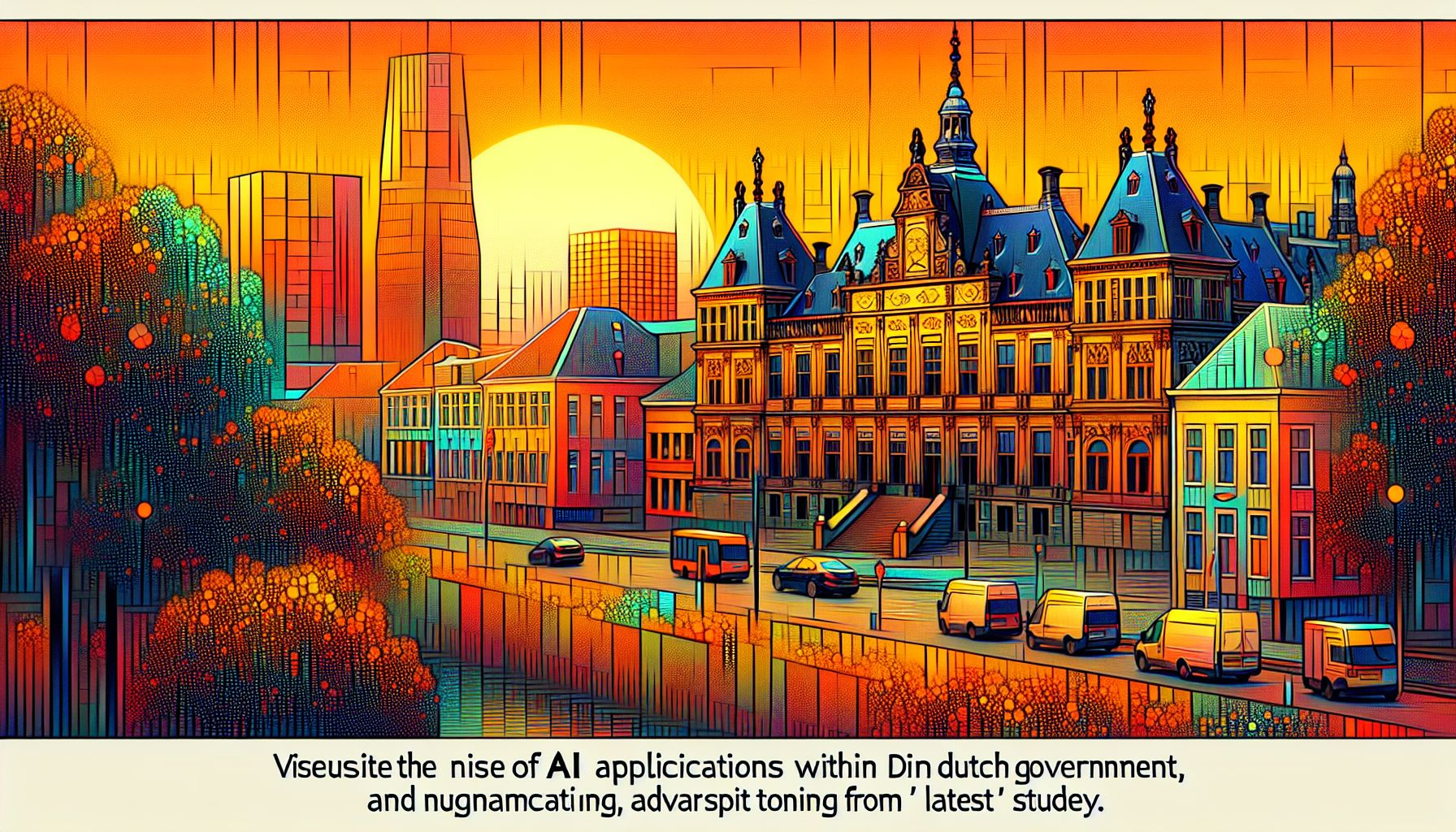Dutch Government Agencies Embrace AI: TNO Report Shows Significant Increase

The Hague, Friday, 28 June 2024.
TNO’s latest study reveals a 1.5-fold rise in AI applications within Dutch government agencies since 2021. Municipalities lead adoption, accounting for 39% of 266 identified AI uses. The report also notes improved transparency in government AI deployment.
Increased AI Adoption in Dutch Government
The Netherlands is witnessing a significant uptick in the integration of artificial intelligence (AI) across various government sectors. According to TNO’s recent report, the number of AI applications has increased by 1.5 times compared to 2021, with municipalities utilizing 39% of the 266 identified AI deployments. This surge in AI adoption highlights a strategic shift towards more technologically advanced and efficient governance.
How AI Enhances Government Operations
Artificial intelligence is being leveraged to automate routine tasks, analyze vast amounts of data, and predict outcomes, enabling government agencies to make more informed decisions. For instance, AI can streamline services such as public transportation management, waste collection, and even emergency response coordination. By predicting traffic patterns or optimizing waste collection routes, AI helps municipalities operate more efficiently, saving time and resources.
Transparency and Accountability in AI Use
One of the key aspects of TNO’s report is the increased transparency in AI deployment by government agencies. The study emphasizes that understanding which AI technologies are used and for what purposes has become clearer. This improved transparency is crucial for maintaining public trust and ensuring that AI applications are used responsibly and ethically. The Dutch government has taken steps to publicly disclose AI use cases, promoting accountability and minimizing the risks of misuse.
Global Trends in Government AI Use
The trend of AI adoption is not limited to the Netherlands. Governments worldwide are increasingly integrating AI into their operations. For example, in the United States, AI is used by federal agencies such as the Internal Revenue Service and the Food and Drug Administration to enhance service delivery and regulatory compliance[1]. The European Union is also implementing AI strategies to improve governance while ensuring that privacy and ethical standards are upheld[2].
Challenges and Future Prospects
Despite the benefits, the adoption of AI in government comes with challenges. Ethical, legal, and regulatory concerns must be addressed to prevent discrimination and ensure fairness. Robust governance frameworks are essential to monitor AI deployment and mitigate risks. Looking ahead, the continued collaboration between public and private sectors, as well as international cooperation, will be vital in harnessing the full potential of AI while safeguarding public interest. The Dutch government’s proactive approach in increasing transparency and accountability could serve as a model for other nations aiming to integrate AI responsibly.

